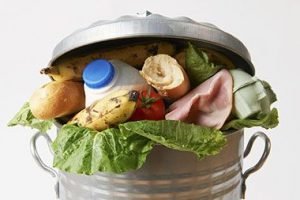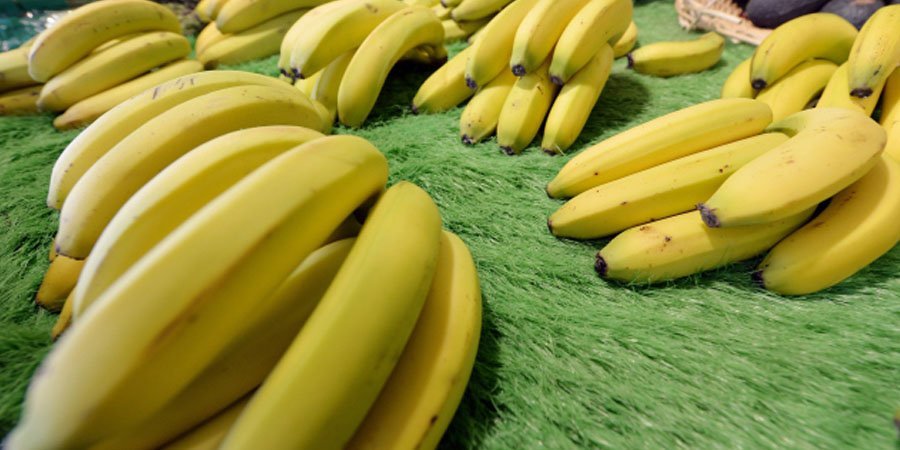It is very gratifying to have a full fridge and a well-stocked pantry. They represent food security and abundance. However, it is important to remember that a lot of food items are highly perishable.
Food waste from spoilage and leftovers can result in spending more on food, which takes a toll on your household budget. Additionally, the waste contributes to trash in landfills, which produce methane gas and add to the environmental causes of climate change.
Minimizing your food waste is good for your budget. Just as it’s a good idea to take advantage of buy one get one free of buy one get one free promos and other money-saving deals, stretching your groceries helps you make more meals without increasing your costs. Here are a few ideas to help you get more out of your purchases and limit food wastage.
Buy Only What You Need
When you do your grocery shopping without a list, the lack of a guide can result in mismatched ingredients, missing cooking essentials, or getting more than what you can actually consume. Make sure you get exactly what you need by planning your meals for the week. Even if you don’t have a detailed schedule, just knowing what dishes you have to prepare can inform your grocery list and ensure that you have enough ingredients to use.
As part of your shopping prep, take stock of what’s already in your pantry and list the items you need, including the size or quantity. Having a list can also help you avoid making impulse purchases and buying more food than you can consume before it goes bad.
Make Your Stocks Last
Buying only what you need and making regular trips to the store is ideal for keeping your food stocks fresh, but it isn’t always an available option. Maybe you live too far away or have limited mobility. In such situations, buying in bulk is the more sensible choice. It is also often cheaper to buy in bulk, so you can save more money this way. However, proper care must be taken to ensure that your food purchases don’t spoil and result in food wastage.
Take Note of Important Dates
When shopping in bulk, make sure to check the date stamps before you finalize your purchase. These dates often indicate when the food is expected to expire or decline in quality. Buy only as much as you can finish eating before those dates.
Store Food Properly
As much as possible, follow the ideal storage conditions for your food items. From fresh produce and frozen meats to dry goods like grains and canned foods, there are different recommendations for how to store them correctly. You may also want to invest in sealable storage bins to keep pests from getting into your stocks.
Follow a FIFO System
Ever had more than one container of the same food item open at the same time? This can compromise the food quality and lead to spoilage. Avoid this by practicing a First In, First Out (FIFO) system. Keep your stocks organized, including grouping similar items together so you can easily see if you already have something open. Mark the open stocks and prioritize finishing them up first before opening another batch.
Try Preservation Techniques
Buying fruits and vegetables in season often gets you the best prices, but a lot of produce is difficult to keep fresh for the long term. Instead, you can try canning or pickling them to extend their shelf life. Fruits can be made into jams and preserves. Vegetables can be frozen, dried, or salted to help them keep for longer.
Reuse Scraps and Leftovers
Vegetable peels, bones, and even stale bread still have value in the kitchen. Instead of throwing them out, save scraps to make your own flavorful stock for soups and other dishes. Stale bread can be transformed into croutons, breadcrumbs, or even bread pudding. Reusing food scraps keeps them from going to the trash, and it saves you money as you no longer have to rely on store-bought soup starters or salad toppers.
Additionally, make sure to include leftovers in your meal plan. Some dishes actually taste better once the flavors have been allowed to marry for a few days, and these reheat very well. You can also get creative with repurposing leftovers. Serve stews over pasta, turn mains into fried rice, or use them as a filling for fried fritters.
Create Your Own Compost
It’s inevitable for some food to become waste material, but there is still an alternative to throwing them out. There are many different ways to compost biodegradable waste, even if you’re living in a small apartment with limited space. Find a system that can work for your living space and use the compost method to transform your food waste into a nutrient-rich fertilizer to feed your plants. This practice further reduces your environmental footprint, and if you grow your own herbs and vegetables, you can keep your food costs down even further.
From helping you save on your food budget to expressing your creativity in the kitchen, making the effort to limit your food waste can be a very rewarding process. Start by being mindful of your food purchases then build more food-saving habits as you go. For best results, involve your whole family so your household can work together towards limiting food wastage.




